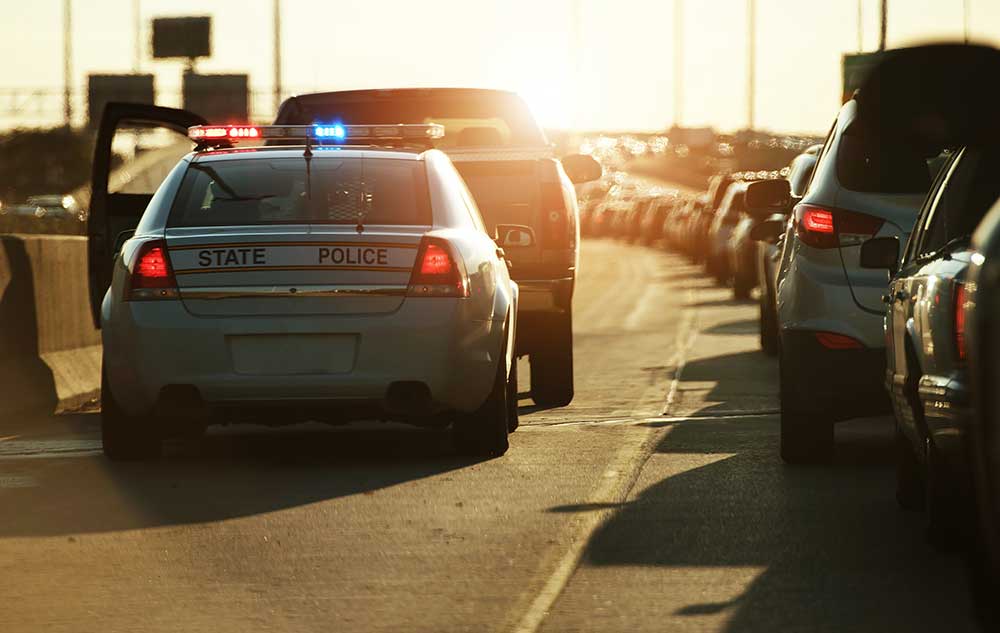
Field Sobriety Tests
Should I take the Field Sobriety Tests?
You have a right to refuse to take field sobriety tests. If you have been drinking and believe you would fail the tests even sober because of the shoes you have on, your lack of coordination, your weight or pre-existing injury then it is best to politely refuse to take the tests.
By refusing you are giving the prosecutor less evidence to convict you. Always be polite act like a gentleman or lady and do not sway or use the car to gain your balance. You have no obligation to perform field sobriety tests; your refusal to perform these tests is inadmissible against you at trial.
The tests are basically useless in detecting intoxication, they test balance and memory and ability to listen and perform physical tasks under a high pressure environment more than anything. By refusing them the prosecutor can’t argue that you failed them. Remember refuse them politely and request to speak with your attorney. If you are rude the Jury or Judge will be told exactly what you said or did which can be worse than failing any type of test.
National Highway Traffic Safety Administration (NHTSA). Teaches police “Standardized Field Sobriety Tests” The way police instruct suspects to perform these tests and how they interpret and/or grade the performances varies widely and should be challenged by an experienced OUI attorney.
Types of Field Sobriety Tests
- Heel-to-Toe or Walk-and-Turn
- One Leg Stand
- Horizontal Gaze Nystagmus
- Finger-to-Nose “Test”
What are the police looking for on the road when it comes to drunk drivers?
The National Highway Traffic Safety Administration (NHTSA) compiled a list of symptoms exhibited by drunk drivers.
- Turning with a wide radius
- Straddling center of lane marker
- Appearing to be drunk
- Almost striking object or vehicle
- Weaving
- Driving on other than designated highway
- Swerving
- Speed more than 10 mph below limit
- Stopping without cause in traffic lane
- Following too closely
- Drifting
- Tires on center or lane marker
- Braking erratically
- Driving into opposing or crossing traffic
- Signaling inconsistent with driving actions
When an officer approaches me after stopping me, what is he looking for?
The Massachusetts police academy teaches its cadets that symptoms of intoxication are:
- Flushed face
- Red, watery, glassy and/or bloodshot eyes
- Odor of alcohol on breath
- Slurred speech
- Fumbling with wallet trying to get license
- Failure to comprehend the officer’s questions
- Staggering when exiting your vehicle
- Swaying/instability on feet
- Leaning on car for support
- Combative, argumentative, jovial or other “inappropriate” attitude
- Soiled, rumpled, disorderly clothing
- Stumbling while walking
- Disorientation as to time and place
- Inability to follow directions
For more information about this charge please call criminal defense attorney Frank Fernandez for a free consultation.

